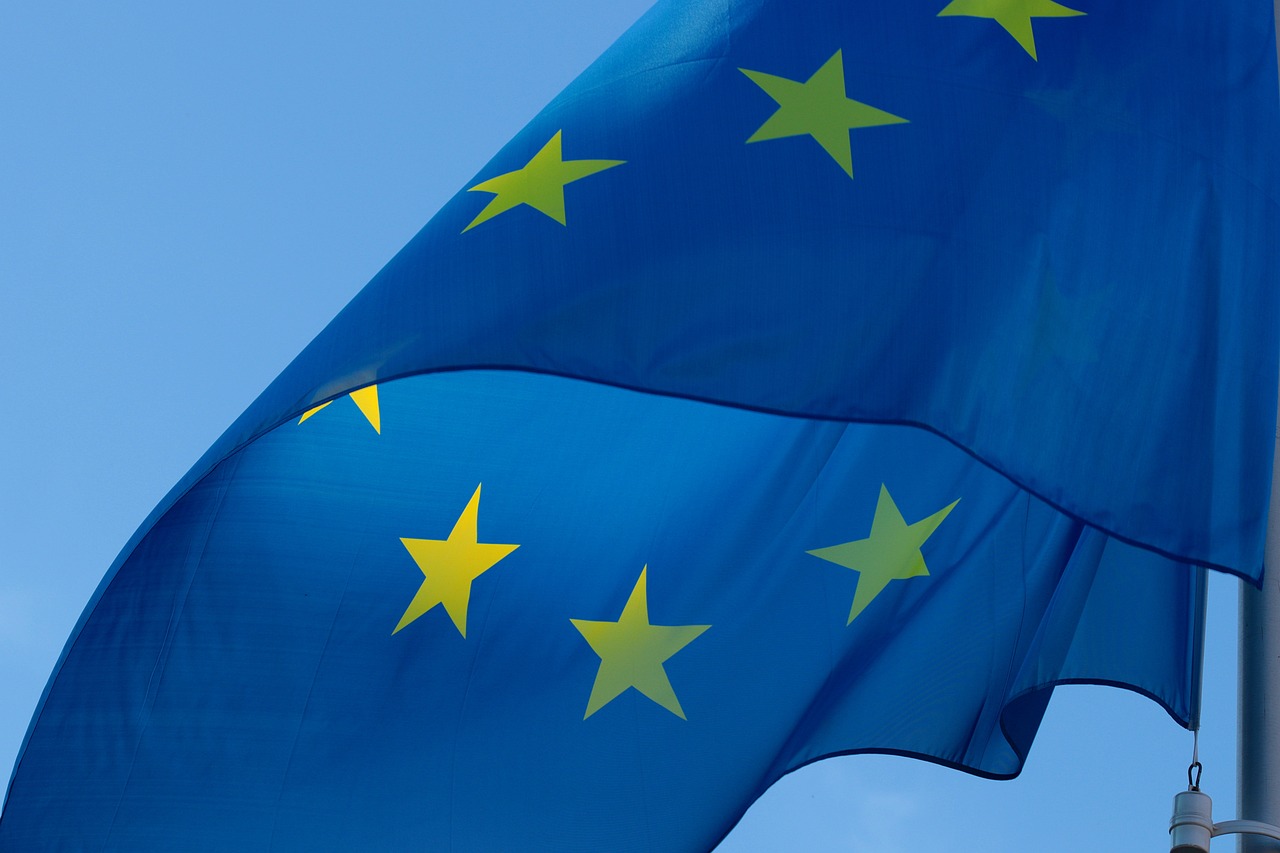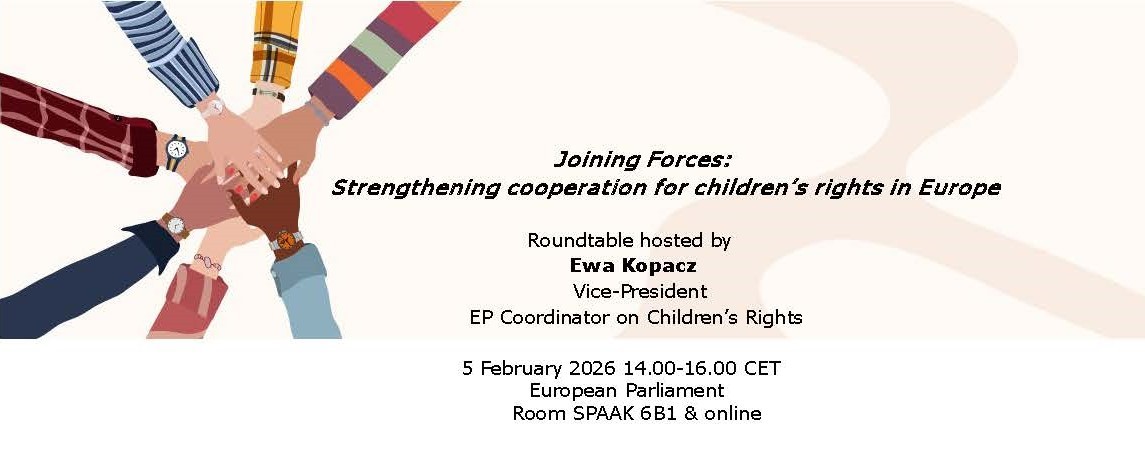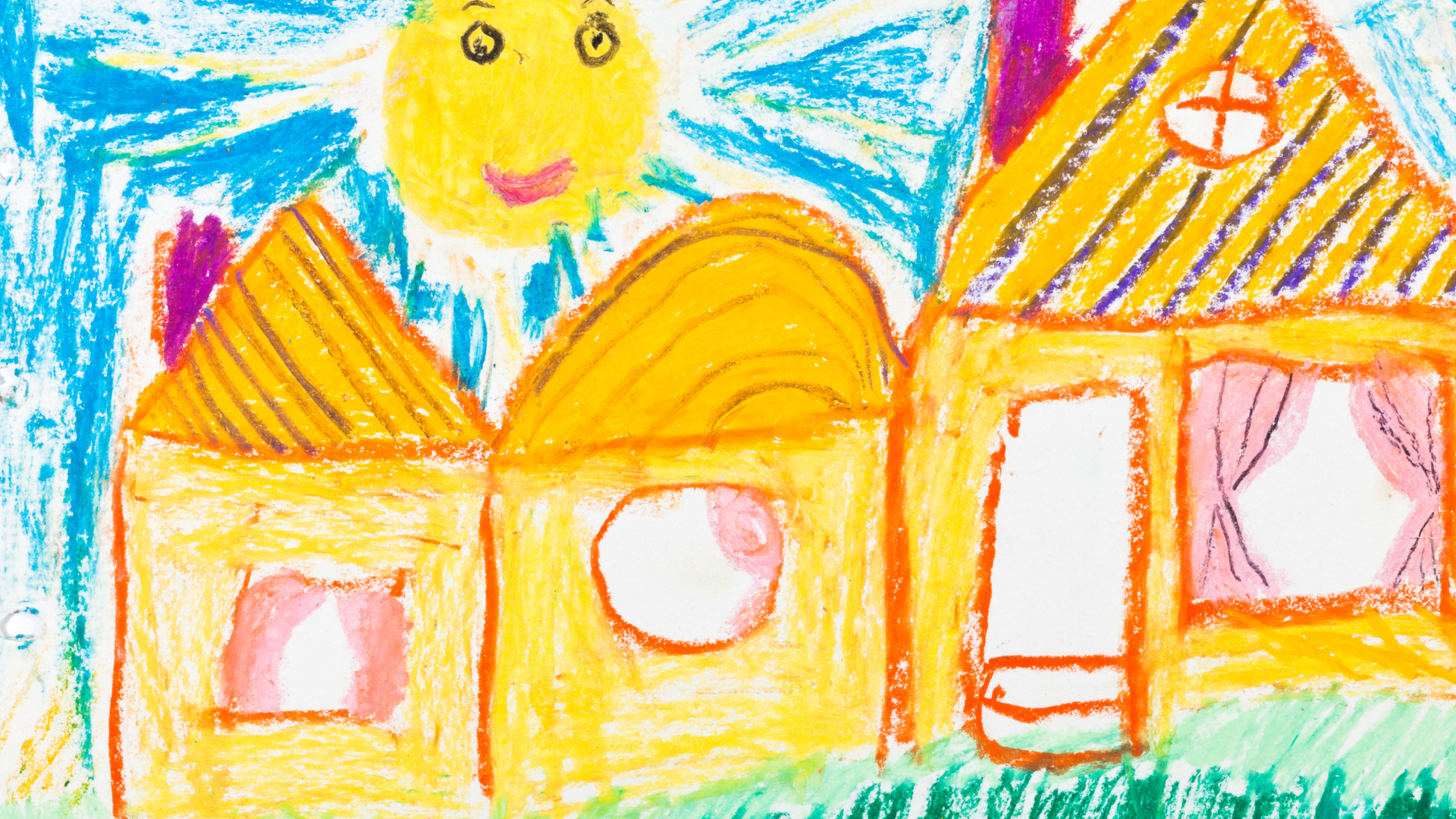Calling for a more ambitious European Semester for children
The 2024 European Semester missed a chance to provide meaningful guidance on the child rights agenda.
The European Semester is an annual cycle providing assessment and guidance to Member States’ performance, in particular regarding implementation of the reforms and policies in economic, fiscal and social areas. It is composed of two packages: the Spring package the Autumn package
The Autumn package is the kick off package of the cycle, setting policy priorities for the following year to meet a sustainable competiveness amidst present context. The 2024 Annual Sustainable Growth Survey (hereinafter the Survey), part of the package, details the agenda.
This year, while investing in EU’s competitive future remains at the centre stage, the EU promotes a green and digital transition, observing social fairness and territorial cohesion.
Recommendations for better investments rightfully identify vulnerable households as a vulnerable group, to whom the State must provide support. Indeed, in the face of inflation, low-income households suffered the most, loosing purchase power and entering energy poverty.
While it is true that States must create firewall for these households, this approach has limits.
Besides not agreeing on the sense of vulnerability - thus leaving room for segregation- the Survey fails to address many other vulnerability factors, such as single parent families.
Moreover, looking only at vulnerable households, neglects other disadvantaged groups. The Survey acknowledges itself that “some populations groups benefit[ting] less” from the labour market performances. Among others, vulnerable families with children and children themselves are invisible, in this Survey.
There are children who do not fit in the household category, such as children in institutions and/or with a migrant background, who remain highly vulnerable, as understood by the European Child Guarantee.
Discarding children as an entity in their own right is ignoring that they too can be at risk of poverty and social exclusion. Yet, it is established that starting life at a disadvantage can have long-term implications for their development and future prospects. Indeed, children from poor households are three (3) times more likely to face mental health issues, and have unequal access to key services. By not formulating recommendation covering children’s needs, the Survey allows these dysfunctions to worsen. In 2022, we have already seen an upward trend in child poverty rate in the EU: 24,7% in 2022 as opposed by 24,4 in 2021.
Of all policies related to children, the survey extensively analyses early childhood education and care (ECEC). Indeed, early childhood is crucial in the development of children’s social, cognitive and emotional skills; as advocated by the First Year First Priority project . While the Commission’s intention to invest in qualitative and affordable ECEC is commendable, by restraining ECEC to a tool allowing parents back on the labour market, it might have missed a chance to strengthen the quality of service. Plus, there is no mention of accessibility, although studies proved that access to such fundamental service is unequal. Eurochild encourages States to understand ECEC as a long-term and sustainable investment.
Unfortunately, the issue of mental health for children and young people is not addressed in the survey, whereas children’s mental health worsening all over Europe in the last few years.
Furthermore, the Survey justly points out the need for States to maintain their efforts towards a green transition. As climate change disproportionately affects children, these recommendations can only be seen as a stepping-stone towards maintaining children’s right to live in a clear, healthy and sustainable environment.
Looking at sustainable investments, and considering the best interest of the child, Eurochild seconds the Commission’s call to strengthen qualitative and inclusive education and training, and share the same concerns regarding shortage of critical infrastructures personnel – including, but not limited to, teachers and health professionals.
All in all, the Annual Sustainable Growth Survey rightly highlights the necessity to focus more on vulnerable households. Still, the European Child Guarantee was adopted to support the most vulnerable children and yet delivering of this instrument is only marginally assessed by the European Semester. We call for a more ambitious European Semester that would address child policies in a systemic way by providing meaningful guidance for the implementation of the Child Guarantee.





